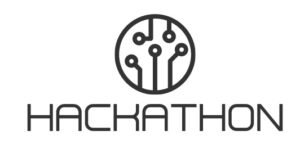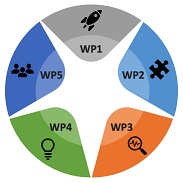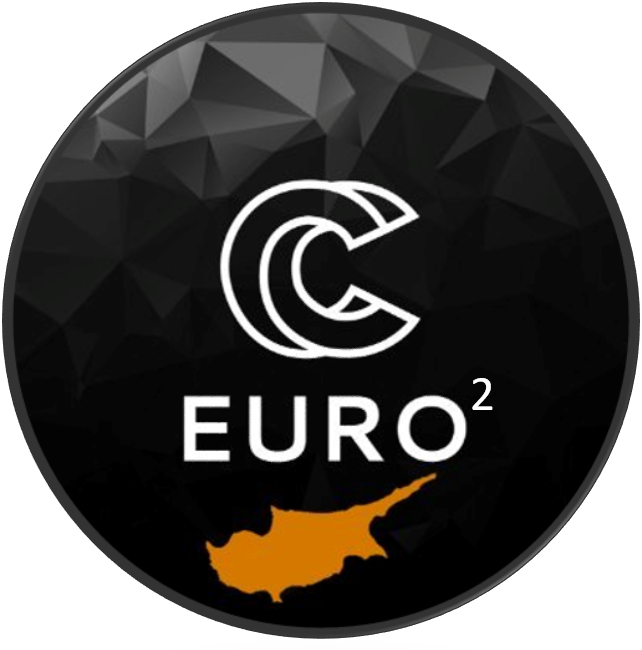The following services are provided by the National Competence Center (NCC) to the computational communities in Cyprus, free of charge (funded by the EuroCC2 project). If additional information is needed (e.g., state aid for industry), please contact the NCC at eurocc-contact@cyi.ac.cy.

The NCC organises various training events throughout the year. These events are:
- On a number of specialised subjects related to High Performance Computing, High Performance Data Analytics, Machine Learning, Artificial Intelligence, Computational Modelling and Simulation
- Open to anyone – whether from academia, industry, public administration
- Free of charge
- Tailored trainings for individual organisations from industry, academia and public administration are also offered.
Attending a training event also includes training user accounts on the national HPC system hosted by The Cyprus Institute. This allows participants to get accustomed to using a top of the range system, and later apply for access upon which to run their projects.

During a hackathon, NCC support members come together with users, and collaboratively work together on their computational projects (including hands on activities).
Attending a hackathon also include training user accounts on the national HPC system hosted by The Cyprus Institute. This will allow participants to get accustomed to using a top of the range system, and later apply for access upon which to run their projects.

The NCC offers the opportunity for industrial and academic internships
Internships are an instrument for knowledge transfer, where staff from industry or academic groups are engaged at the NCC, interact with the NCC support staff, develop new skills and competences, and transfer this new knowledge to their company or academic groups – effectively training their colleagues on their newly acquired skills.

Such internships are designed and agreed upon between the NCC and the company/academic group in which potential interns work.
Clearly defined goals are identified before the start of the internship so by the end of their time with the NCC, interns will have picked up the correct skills and knowledge, through the mentoring, practise and training they will receive.
The interns are also be provided with computational access on the national HPC system hosted by The Cyprus Institute, for them to be able to implement their internship, projects and learning.

The NCC offers the following two types of consultation.
Technology Consultation
In this type of consulting, NCC staff meet with interested parties, where the organisations describe their projects, work process, infrastructure, development goals, unique requirements and their business/research objectives.
Based on this, an aassesment is made by the NCC, and recommendations are made to the requesting parties, for informed decisions about technology solutions that meet the specific needs and goals.
This can include:
- Advice on which technology platforms and/or algorithms and/or hardware could instead be used
- Suggested improvements to workflows
- Providing guidance on digital transformation initiatives and the use of emerging technologies
Code Consultation
In this type of consulting, NCC support staff inspect, review and profile code of interested parties. In some cases a lengthier and more formal assessment of the codebase may be required.
Based on this, an assessment is made by the NCC and feedback may be provided on code’s design, structure, readability, and maintainability.
Suggestions may also be made, including:
- The identification of code bottlenecks which could be optimised
- Improvement suggestions, such as the use alternative algorithms or code that could be ported to more efficient technologies
- Advice on best practices and tips for writing more efficient and effective code

A Proof of Concept (PoC) refers to a small-scale demonstration that is developed by the NCC which can demonstrate the advantages of using advanced computational technologies and engaging in projects with the NCC.
PoCs can thus demonstrate the viability of using these technologies, through benefits to real-world scenarios before a greater investment in time, money and effort is made.

To ensure the success of a project between the NCC and a collaborative partner, it is important to clearly define the goals, objectives, milestones and expectations from all stakeholders.
A project plan will thus be drawn up, which will determine an agreed upon scope, set of deliverables, timelines and budget for the project, with clearly defined roles and responsibilities of all stakeholders of the project.

Under the EuroCC2 project, the NCC is only able to provide the above services, proof of concepts, consultations and basic support services.
Should it be the case that an organisation requires specialised support and development services, which cannot be included in any other project activities, paid support services can be provided by The Cyprus Institute.
These paid support services fall under a contract of services between the requesting organisation and The Cyprus Institute and will not be considered as EuroCC2 funded activities.




